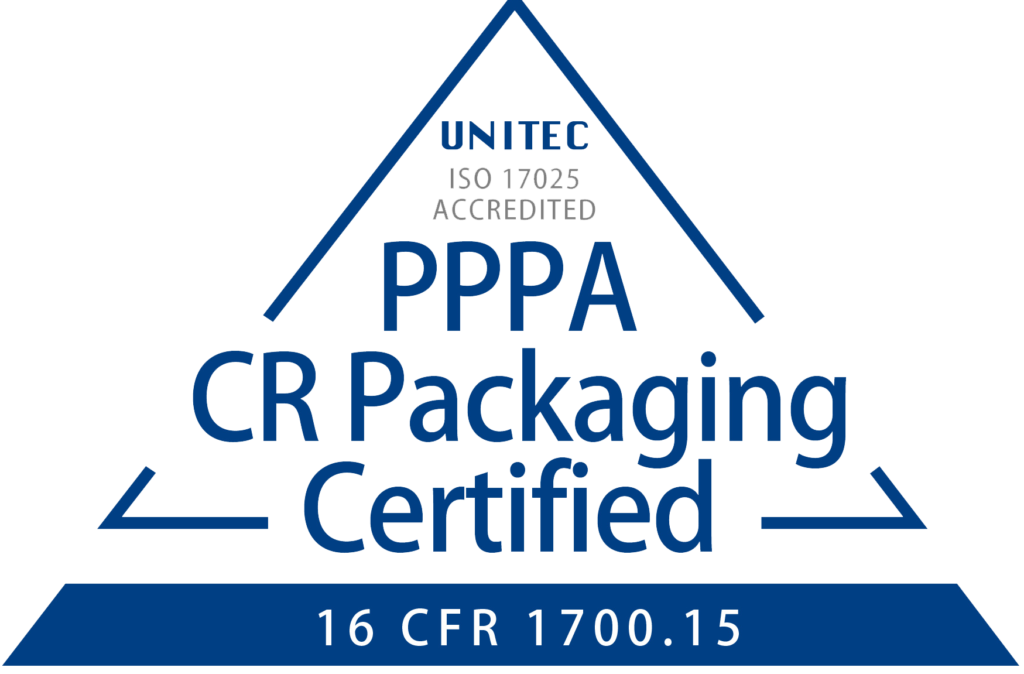Packaging is an essential aspect of many industries, including pharmaceuticals, food, and cosmetics. It ensures that products are protected from external elements such as moisture, air, and contaminants. However, packaging can be a challenge if it is not done correctly. One of the most significant challenges in packaging is ensuring that the package is properly sealed. This is where an induction sealer can revolutionize your packaging process.
What is an Induction Sealer?
An induction sealer is a machine that utilizes electromagnetic induction technology to create a hermetic seal on a container. The induction sealer consists of a power supply and a sealing head. The sealing head contains an induction coil that produces an electromagnetic field. When a container with a foil seal is passed through the electromagnetic field, the foil heats up, and the heat is transferred to the container’s sealing surface. This causes the sealing material to melt, creating a hermetic seal on the container.
Induction sealing is widely used in the packaging industry because of its numerous benefits, including:
- Prevents Leakage
Induction sealing ensures that the package is tightly sealed, preventing leakage. Leakage can be a significant problem, especially when dealing with liquid products such as pharmaceuticals, food, and cosmetics. Induction sealing creates a hermetic seal, ensuring that there is no room for air or moisture to penetrate the package, which can lead to contamination or spoilage.
- Enhances Product Safety
Induction sealing enhances product safety by preventing contamination, tampering, and counterfeiting. The seal created by induction sealing is tamper-evident, which means that it is evident if the package has been tampered with. This ensures that consumers can trust that the product inside the package is safe and has not been compromised in any way.
- Improves Shelf Life
Induction sealing helps to improve the shelf life of products. By creating a hermetic seal, induction sealing prevents air, moisture, and other external elements from penetrating the package. This ensures that the product inside the package remains fresh for a longer period, which is crucial, especially when dealing with perishable products such as food and pharmaceuticals.
- Reduces Product Loss
Induction sealing helps to reduce product loss by preventing leakage and spoilage. Leakage and spoilage can lead to significant product loss, which can be costly, especially for small businesses. Induction sealing ensures that products are tightly sealed, preventing any loss due to leakage or spoilage.
Types of Induction Sealers
There are different types of induction sealers available on the market, and they vary depending on the application. The three main types of induction sealers are:
- Manual Induction Sealers
Manual induction sealers are suitable for small scale operations where sealing is done manually. These sealers are ideal for sealing small batches of products and are relatively easy to use. They are also cost-effective, making them suitable for small businesses or start-ups.
- Semi-Automatic Induction Sealers
Semi-automatic induction sealers are suitable for medium-scale operations where the sealing process is partially automated. These sealers are ideal for sealing products in batches and can handle a higher volume than manual sealers. They are also relatively easy to use and require minimal training.
- Automatic Induction Sealers
Automatic induction sealers are suitable for large-scale operations where the sealing process is fully automated. These sealers are ideal for sealing high volumes of products and can handle multiple sizes and shapes of containers. They are also highly efficient, making them suitable for large businesses or companies with high production volumes.

